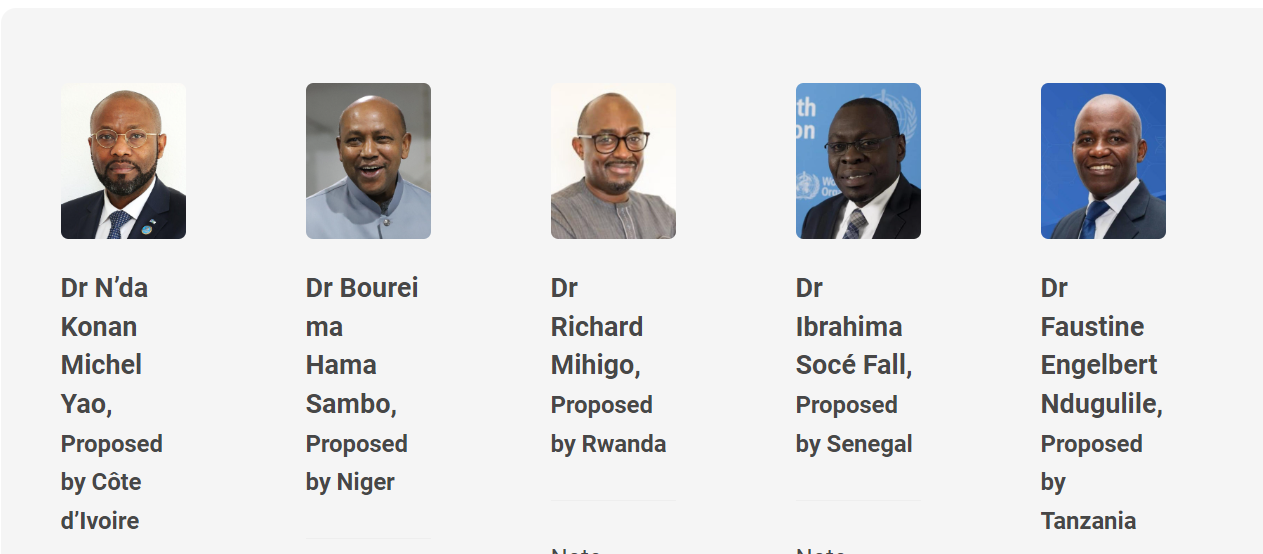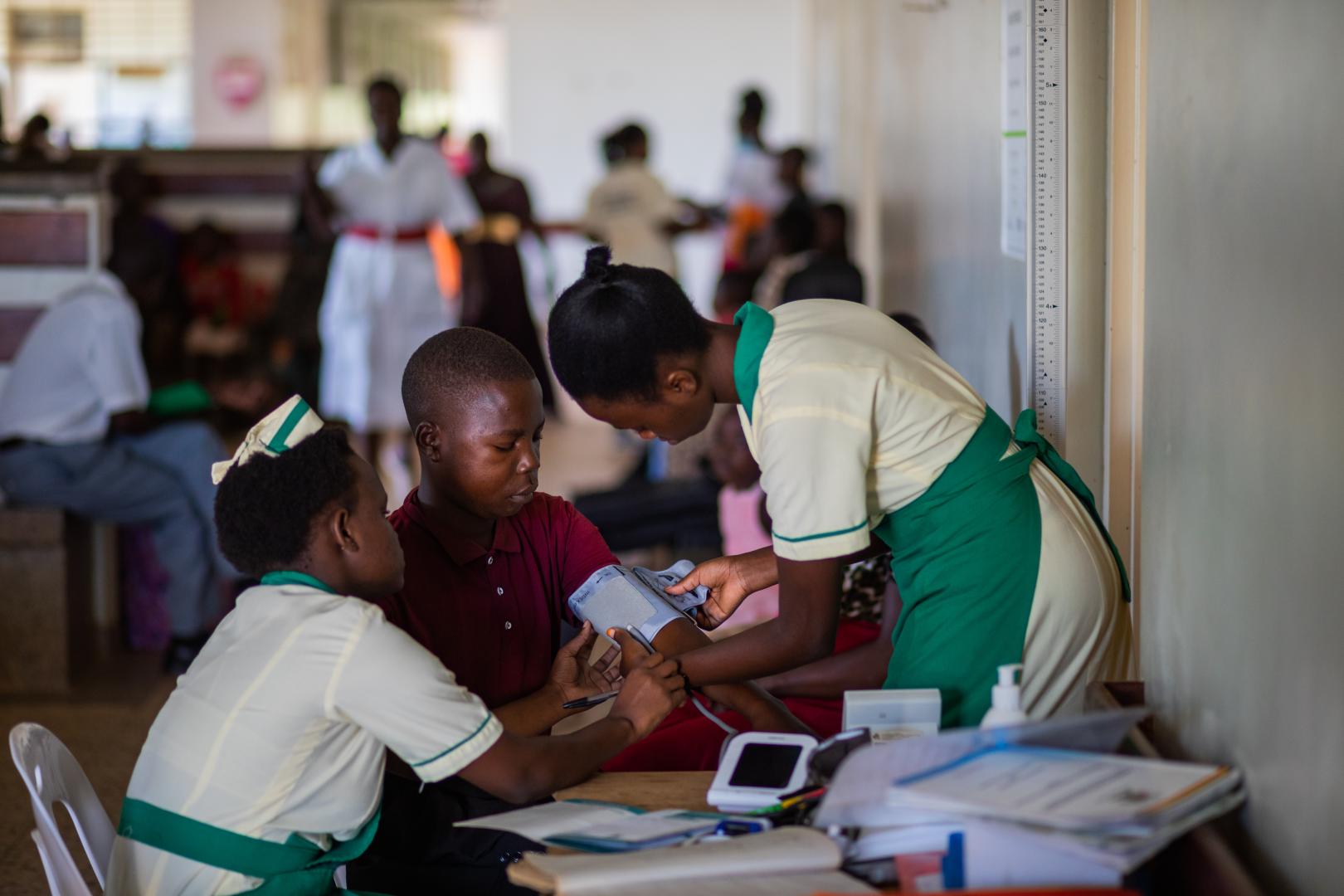A new study conducted in Dar es Salaam’s two major districts has found that about 1 in 4 preschool children have High Blood Pressure.
However, the researchers acknowledge that the findings must be interpreted with caution because the true extent of the problem might be less severe than reported, due to limitations in how the researchers collected data.
They have called for further investigation to solidify the initial findings and determine the precise scale of childhood hypertension in the region.
Nevertheless, the researchers from Muhimbili University of Health and Allied Sciences (MUHAS) have pointed to a serious health concern, signaling that even at a very young age, children face serious health -risks related to the growing trend of Non-Communicable Diseases (NCDs).
Published in the Italian Journal of Paediatrics, the results of this study have come at a time of heightened concerns over the rising trend of NCDs in Tanzania and across the world.
Doctors say high blood pressure, if not tackled early, can lead to heart problems later in life. This study is a wake-up call that there is need to pay attention to children’s health even at a very young age.
During the study, the researchers surveyed over 1,000 children, between the ages of 2 and 5, attending preschools in the Ilala and Kinondoni districts.
Data reveals that nearly a quarter of the children (23 out of every 100) examined exhibited high blood pressure readings. It didn't matter if they were boys or girls.
Those born with low birth weights were more likely to have high blood pressure, says the study. Also, the older the child got within that preschool age range, the higher their blood pressure tended to be.
The biggest factor, according to findings, was weight. Children with higher body weight were much more likely to have high blood pressure, reflecting the global trend of rising childhood obesity.
Doctors say it’s hard to measure blood pressure in very young children because it’s difficult to find the right size cuffs and to understand the readings. Because of this, many cases might be missed.
The researchers have acknowledged, though, that the findings may be overstated due to blood pressure measurement methods used during the study, single readings, lack of follow-up for other causes, and reliance on potentially inaccurate parental reports. Thus, necessitating further studies.
The researchers recommend that it’s really important to start checking children’s blood pressure early, especially if they were born small or are having extra body weight.
They also recommend more programs that help families make healthy choices and fight childhood weight problems.









